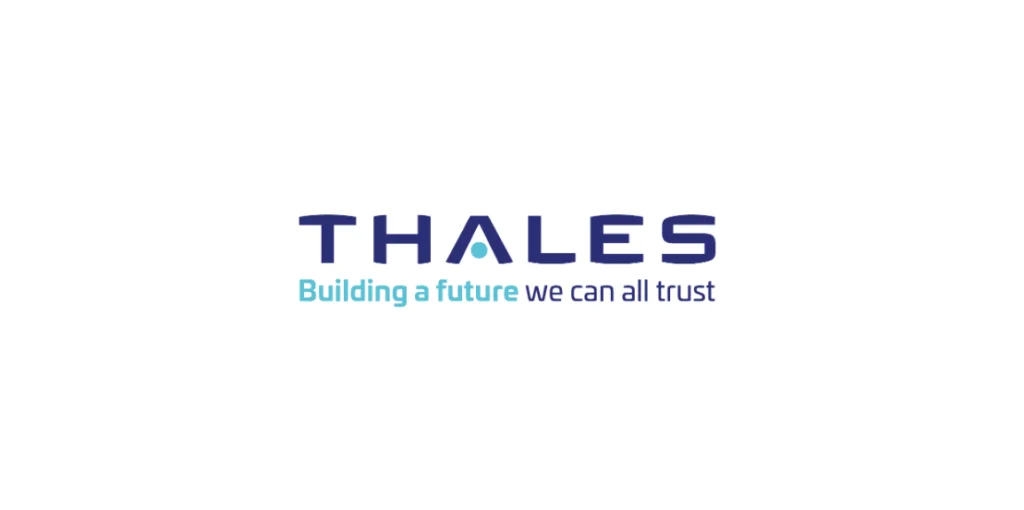Insider Brief
- Alice & Bob has integrated its open-source quantum simulation library Dynamiqs with NVIDIA’s CUDA-Q platform, achieving up to 75x speed improvements in simulating time-dependent quantum systems.
- Dynamiqs leverages GPU-accelerated computing to model complex and evolving quantum processors, enabling faster and larger-scale simulations critical to QPU development.
- The collaboration with NVIDIA includes optimized APIs and adds advanced features like automatic differentiation for tasks such as quantum control and state tomography.
PRESS RELEASE — Alice & Bob,a global leader in the race for fault-tolerant quantum computing, announced today at GTC Paris the ongoing integration of the NVIDIA CUDA-Q platform with Dynamiqs. This combination outperforms the most widely used libraries today, accelerating the simulation of complex quantum dynamics by up to 75x, on early benchmarks.
CUDA-Q is NVIDIA’s open-source quantum development platform for hybrid quantum-classical supercomputing.
Dynamiqs is Alice & Bob’s high-performing quantum simulation libraries, open-source, it enables high-speed simulation of both open and closed quantum systems by leveraging GPU-accelerated computing. This allows researchers to dramatically speed up the simulation of time-dependent quantum systems that rapidly change and evolve, such as QPUs. Dynamiqs expands the size of systems that can be practically simulated, and performs parameter sweeps across a wide range of conditions in a fraction of the time previously required.

“Simulation is a critical step in the development of useful quantum processors, allowing us to understand how these complex quantum systems behave,” said Théau Peronnin, CEO of Alice & Bob. “Thanks to the integration with NVIDIA CUDA-Q, Dynamiqs can now run these simulations even faster, speeding up the development of our QPUs.”
Simulations of complex systems – such as quantum processors with multiple qubits and physical components – are computationally challenging. Modeling the rapidly changing dynamics, complex interactions and vast number of possible quantum states requires significant computational resources to determine how the output of a simulation can change based on changing inputs.
“With Dynamiqs, our goal was to make time-dependent quantum systems simulations faster, and from the beginning we decided to fully run them on GPUs, a new approach in the field,” said Ronan Gautier, a member of the core Dynamiqs development team and a Theoretical Physicist at Alice & Bob. “Now, with the help of the CUDA-Q team we can offer to our users an optimized and even faster interaction with NVIDIA’s hardware.”
The long-lasting collaborative project with NVIDIA developed APIs that translate high-level programming instructions to low-level CUDA, providing the critical ability to interact with GPUs specifically optimized for quantum applications. Dynamiqs outperformed initial expectations with a remarkable 75x improvement in speed from early benchmarks. The integration will continue over the next months with performance expected to further increase.
In addition to speed, Dynamiqs unlocks new capabilities for researchers, who can now use automatic differentiation to compute gradients of simulation outputs with respect to various input parameters. This tool is essential for paramount tasks like quantum optimal control, to guide the system toward the target state with high accuracy; parameter estimation, to infer unknown properties from data; and quantum state tomography, to reconstruct the quantum state from measurements.
“CUDA-Q’s GPU acceleration opens up new possibilities for fast, scalable, and intelligent quantum system design and analysis,” said Tim Costa, senior director Quantum and CUDA-X at NVIDIA. “By combining this with its other capabilities, Dynamiqs is helping provide researchers with access to the state of the art in accelerated computing that they need for practical breakthroughs in quantum research.”
Visit www.dynamiqs.org to access the documentation and the code repository on Github to explore how the library can enhance quantum simulations.















